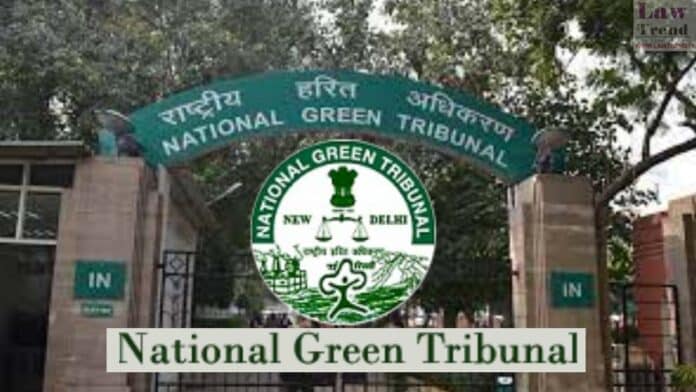The National Green Tribunal (NGT) has raised concerns over the veracity of Uttarakhand authorities’ claims regarding sufficient sewage treatment facilities in the pilgrimage town of Badrinath. The tribunal highlighted that these assertions lacked substantive evidence, particularly troubling given the ongoing issues of untreated sewage being discharged into the Ganga River.
During a hearing on November 13, NGT Chairperson Justice Prakash Shrivastava and his bench, including Justices Arun Kumar Tyagi, Sudhir Agarwal, and expert member Afroz Ahmad, addressed the failure of the state’s urban development secretary to provide tangible proof. Despite appearing virtually, the secretary did not present any material to support the claim that the sewage treatment facilities were adequate. “Only an oral attempt has been made to make such an assumption,” the bench stated, underscoring the need for more concrete evidence.
The NGT has ordered the state to provide detailed records on various aspects of sewage management in Badrinath. This includes daily sewage generation at peak pilgrim footfall, the capacity of drains leading to sewage treatment plants (STPs), the volume of untreated sewage entering the Ganga, and the operational efficacy of the existing STPs. Moreover, the tribunal requested a sample analysis report of the discharge from these plants.
Compounding the issue, the tribunal expressed dissatisfaction with the absence of the state’s environment secretary at the hearing. The secretary failed to appear virtually as required and did not file for an exemption, making only a casual oral excuse about being occupied elsewhere. The NGT has firmly directed that the officer be present at the next scheduled hearing on March 4, emphasizing the seriousness with which it views compliance with its directives.




